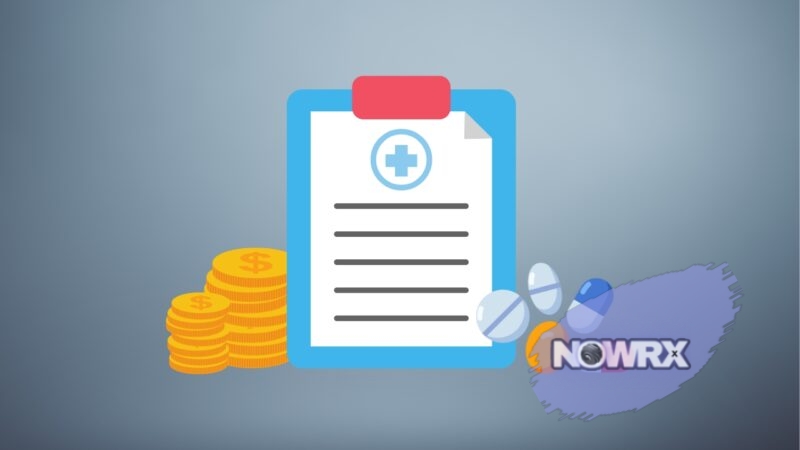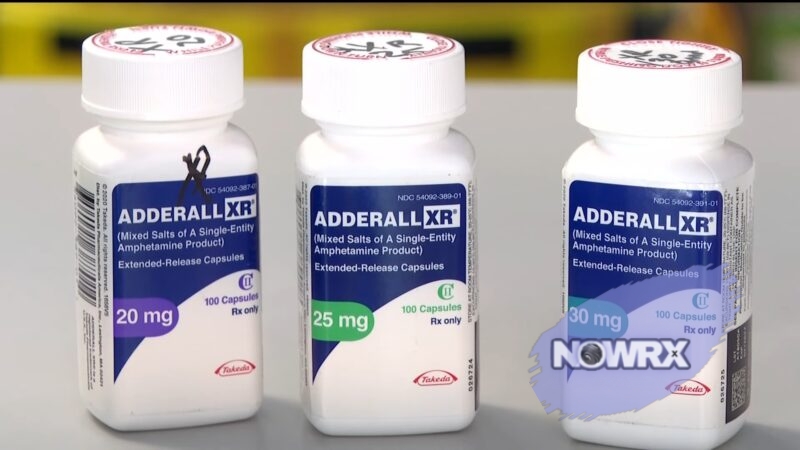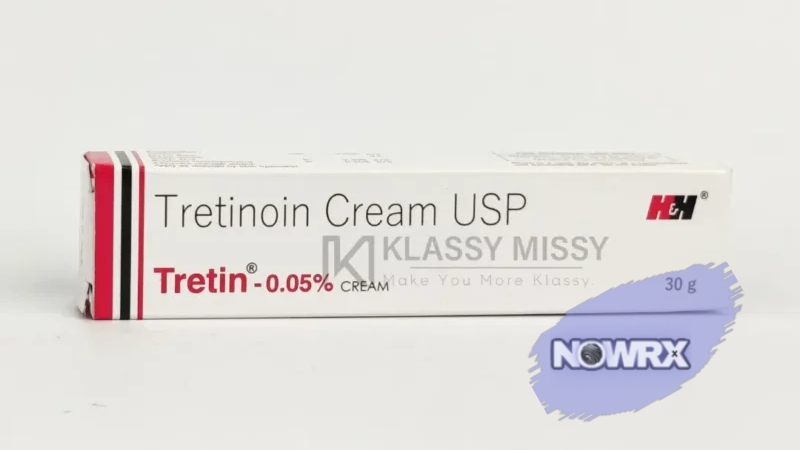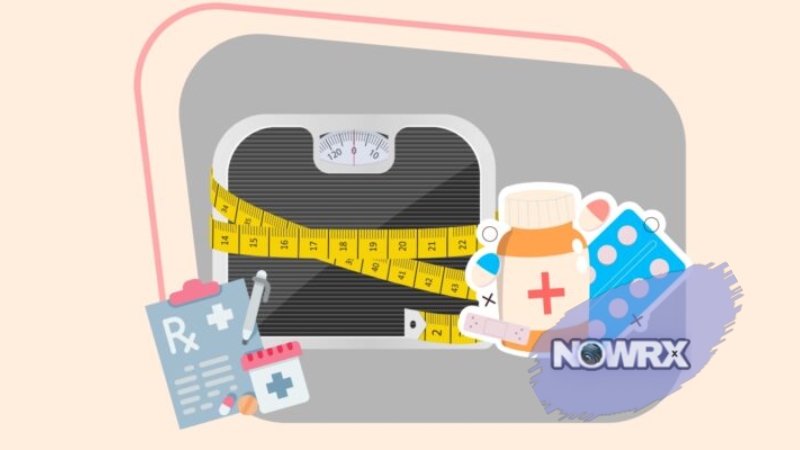The escalating cost of prescription drugs in the United States is a significant concern for many individuals. With prices often exceeding those in other high-income nations, Americans find themselves grappling with the financial burden of obtaining necessary medications.
Healthcare systems and insurance coverage have a complex nature, making it imperative for individuals to seek ways to mitigate these costs.
Without further ado, let us discuss it in greater detail.
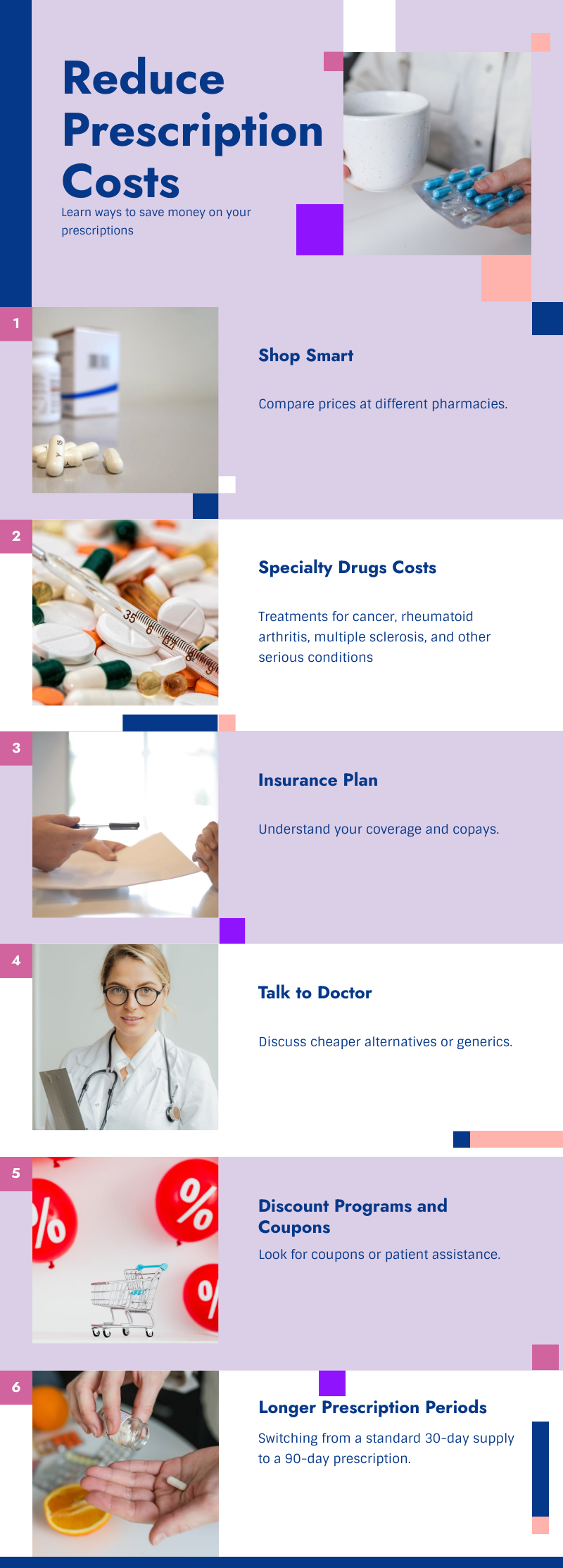
1. Know Your Insurance Plan
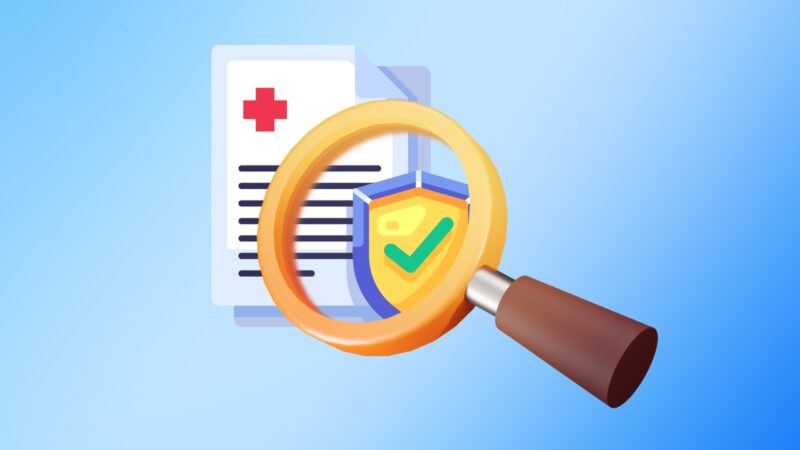
Knowing your insurance plan inside-out is a fundamental aspect of managing prescription costs effectively. Each insurance plan has a formulary, which is essentially a list of medications that the plan covers, categorized often by cost tiers. Some medications are covered by insurance, while others are not.
These tiers can range from generic, low-cost options to more expensive, brand-name drugs. This knowledge can significantly influence your medication choices, steering you towards alternatives that provide the same therapeutic benefits at a lower cost.
| Element | Description | Importance |
|---|---|---|
| Formulary | List of covered medications, sorted by cost tiers. | Guides cost-effective medication choices. |
| Open Enrollment | Annual period to review and compare plans. | Essential for assessing plan suitability and cost changes. |
| Coverage Changes | Yearly changes in drug coverage. | Key to staying informed about plan alterations. |
| High-Deductible Plans | Lower premiums but higher initial costs. | Crucial for evaluating out-of-pocket expenses versus savings. |
2. Discussing Costs with Your Doctor

Engaging in open and honest communication with your doctor about the costs of prescriptions is a crucial step in managing your healthcare expenses. Often, patients only discover the high cost of their medications at the pharmacy counter, leading to financial stress and sometimes even non-adherence to treatment due to cost prohibitions.
They can be significantly cheaper – in some cases, up to 90% less expensive than brand-name drugs. This cost difference arises because generic manufacturers don’t have the same development and marketing expenses as original manufacturers. Asking your doctor about generic options can lead to substantial savings on your prescriptions.
Another important discussion point is the possibility of therapeutic substitutions. These are different drugs than what was originally prescribed but offer the same medical benefits. Often, these substitutions are available at a lower cost and can be just as effective in treating your condition.
An example of discussing these with a doctor would be in the case of searching for a weight loss medication prescription.
3. Shopping Smart for Medications
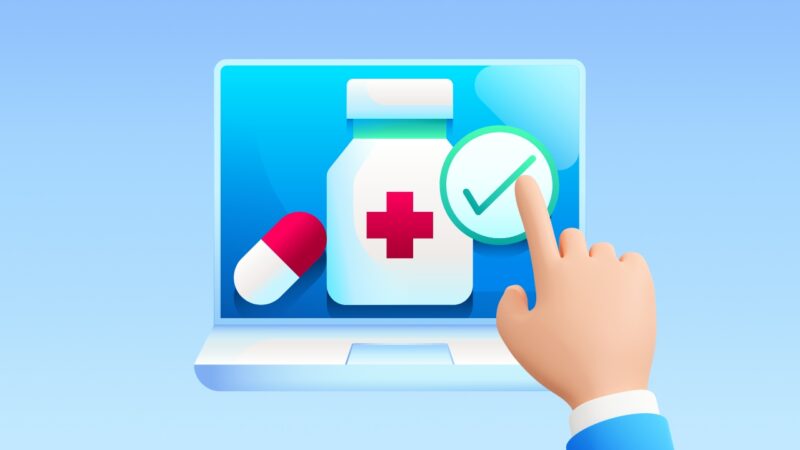
Smart shopping is an essential strategy for managing medication costs effectively. The price of the same medication can vary significantly between pharmacies, making it crucial to compare prices before making a purchase.
This variance is often due to different pricing policies, supplier costs, and available discounts at each pharmacy. Utilizing price comparison tools and services can lead to substantial savings on your prescriptions.
| Strategy | Description | Benefits |
|---|---|---|
| Price Comparison Tools | Tools like MyPrime provide current drug prices at various pharmacies. | Easy cost comparison to find affordable medication options. |
| Online Pharmacy Services | Services like Amazon Pharmacy offer home delivery and competitive prices. | Convenience and potential discounts, especially for maintenance meds. |
| Paying Without Insurance | Paying cash for medications, especially generics, can be cheaper. | Cost savings for those with high deductibles or uncovered meds. |
| Calling Pharmacies | Inquiring about prices at different pharmacies. | Identifies price variations and potential extra discounts. |
4. Using Discount Programs and Coupons
Discount coupons and programs can significantly reduce out-of-pocket costs for medications. These resources can lead to significant reductions in out-of-pocket expenses for a wide range of medications.
Verifying Online Pharmacies
When it comes to purchasing medications from online pharmacies, caution is paramount. It’s crucial to ensure that any online pharmacy you use is legitimate and safe.
Look for the VIPPS symbol (Verified Internet Pharmacy Practice Sites), which indicates that the pharmacy is licensed and adheres to the standards set by the National Association of Boards of Pharmacy.
This verification helps protect against counterfeit drugs and fraudulent sites. Additionally, always read the terms and conditions of any online pharmacy or discount program to avoid hidden fees or scams.
Talk with Pharmacists
Your local pharmacist can be a valuable resource in finding cost-saving opportunities. Pharmacists are often aware of various discount programs, cards, or coupons that might not be widely advertised. Don’t hesitate to ask if there are any available discounts on your prescriptions.
Some pharmacies also have their own discount programs or partnerships with third-party discount providers, which can offer substantial savings. Building a good relationship with your pharmacist can also lead to personalized advice and recommendations for managing your medication costs effectively.
“Approximately 49% of individuals in the United States use at least one prescription medication monthly.” – Olga Hilas, A Pharmacist’s Primer on Prescription Discount Cards
5. Opting for Longer Prescription Periods
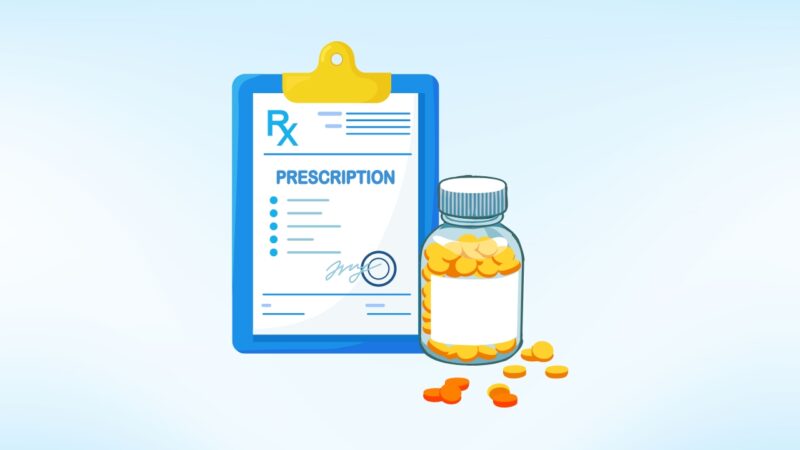
One of the more straightforward yet effective strategies for reducing prescription costs is opting for longer prescription periods. This approach, often overlooked, can yield considerable savings over time, especially for those on long-term medication regimens.
Benefits of 90-Day Prescriptions
Switching from a standard 30-day supply to a 90-day prescription can have a significant impact on your healthcare budget. Typically, a 90-day supply means you pay just one co-pay instead of three, effectively cutting your out-of-pocket costs.
This is particularly beneficial for chronic conditions requiring ongoing medication, such as diabetes, hypertension, or mental health disorders. The savings become more pronounced over the course of a year, making this a smart choice for long-term financial planning regarding healthcare expenses. We are talking about an option that can help in the case of shortages.
Bulk Purchasing Advantages
Apart from the cost savings, bulk purchasing of medications – as in the case of 90-day supplies – offers added convenience. It reduces the frequency of pharmacy visits, saving time and potentially reducing transportation costs.
This is especially advantageous for individuals with mobility issues, busy schedules, or those living in remote areas. Fewer pharmacy visits also mean less exposure to potential health risks, a consideration that has become increasingly important.
6. Specialty Drug Costs and Management
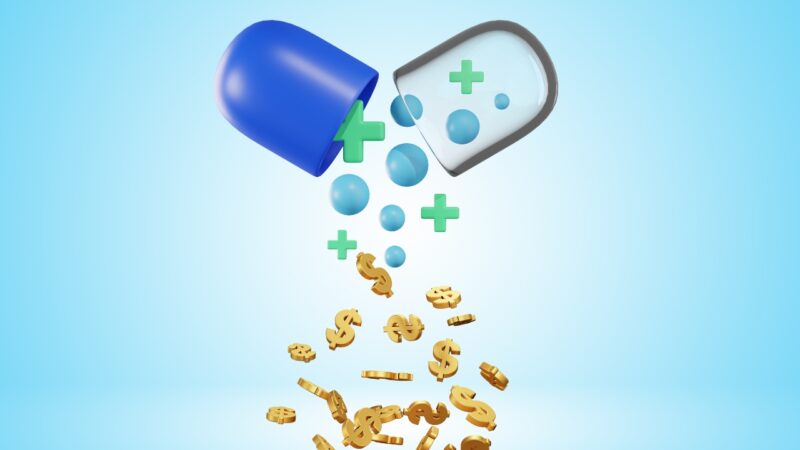
Managing the costs of specialty drugs, which are typically used to treat complex or rare conditions, presents a unique challenge due to their often prohibitively high prices.
These medications, which can include treatments for cancer, rheumatoid arthritis, multiple sclerosis, and other serious conditions, are not only crucial for patient health but also represent a significant financial burden.
The High Cost of Specialty Medications
Specialty drugs are among the most expensive on the market, primarily due to the advanced technology and extensive research required to develop them. They may also have special handling, administration, or monitoring requirements, further adding to their cost.
For patients requiring these medications, the high price can be a major concern, impacting their ability to consistently access the treatment they need.
Programs to Increase Accessibility and Affordability
To address this issue, programs like Horizon’s Site of Service offer a pathway to make these essential treatments more accessible and affordable. Such programs typically collaborate with a network of specialty drug pharmacies that provide competitive pricing.
These pharmacies are often equipped to handle the specific requirements of specialty drugs, ensuring that patients receive their medication in a timely and efficient manner.
The Bottom Line
Reducing prescription drug costs requires a multifaceted approach, involving careful plan selection, open communication with healthcare providers, smart shopping strategies, and taking advantage of discounts and assistance programs.
Individuals can make their medications more affordable, ensuring they have access to the treatments they need with the methods we’ve provided you with.
I’m Alastair Watt, a pharmacist with decades of experience in the industry. Recently, I’ve decided to pursue my writing passion, and it resulted in my content at nowrx.com and collaboration with many other websites.
Related Posts:
- Natural Remedies For Tightening A Vagina - Try These…
- Can Someone Else Pick Up Your Prescription Medication
- 10 Best Natural Cures for Chest Infection: Effective…
- Effective Ways to Remove Whiteheads on Face - Check…
- Can You Drink Alcohol While Taking Antibiotics? 3…
- Can Stress Cause A Rash? What Is Stress Rash and How…

